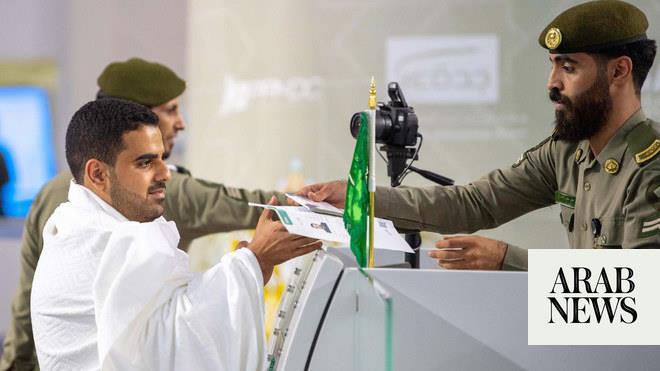
A Qantas plane that was sent to Azerbaijan to recover passengers stranded after an emergency landing has finally arrived in London on Christmas morning, but a string of challenges has frustrated holiday plans for those onboard.
As relieved passengers queued at Baku airport to board what would be a six-hour flight to London on Sunday morning, the original Qantas plane that flew them to Baku remained on the ground, as engineers continue to be puzzled by the cause behind smoke detection alarms that forced the plane to make an emergency landing.
The Guardian understands manufacturer Airbus will now become involved in investigations.
It comes as a QF1 flight departing Sydney for London on Christmas Day was delayed from taking off due to a technical issue, with passengers ordered off the plane back into the terminal. It is understood engineers were examining the A380 late on Sunday and that it is still expected to take off later in the evening.
Passengers boarding the flight in Baku said they were relieved to be on their way, despite the disappointment of missing Christmas Eve at their destinations.
Kendall and Julia Brown, who were travelling with their two small children to Julia’s family in England for the holidays, were excited for the flight, but after days of delays were tired and “hanging on by a thread”.
“We’re checked in and on our way out,” Kendall said. “We’re grateful for the professionalism, empathy and care shown by our crew and so grateful for all the team that have flown in and sacrificed their own Christmas for us … but of course we’re disappointed and frustrated this has happened.”
“We made the most of it, though, and nothing beats being together and safe – and we’ve all made plenty of new friends!”
Passengers told Guardian Australia that Qantas managerial staff from Sydney also flew to Baku to act as points of information on the ground for those stranded, given the lack of any other staff in the city.
However, many of the passengers on the initial flight that made an emergency landing in Baku did not turn up for the recovery flight. Guardian Australia is aware that several passengers instead bought new flights at their own expense out of desperation to get them to London in time for Christmas. Several flew to other destinations via Istanbul.
The passengers arrived at London’s Heathrow airport at about 8am local time on Sunday, almost two full days after their initial QF1 flight was forced to make an emergency landing on Friday about nine hours after leaving Singapore’s Changi Airport.
Pilots reported 7700 – a code used to communicate an onboard emergency to air traffic controllers – after intermittent alerts that smoke was detected in the cargo hold as the plane was flying over Georgian airspace in central Asia.
The A380 made a 180-degree turn and about 45 minutes later landed safely at Baku’s Heydar Aliyev airport – which boasts runways long enough to accommodate the superjumbo. Emergency crews met the aircraft on the runway, but initial engineering assessments found no evidence of smoke.
“The aircraft intermittently alerted the pilots to the potential of smoke in the cargo hold. Although it was considered likely to be a sensor fault, the aircraft diverted to Baku as a safety precaution,” a Qantas spokesperson said.
Qantas’ initial response was hampered by its lack of ground staff or relief crew in Baku, a location it does not regularly service.
Passengers were ushered into the airport terminal, but pilots and aircrew had been on shift too long to continue working on Friday. Those stranded were given water bottles and sandwiches as they waited hours for an update on the situation.
Once it became apparent the plane could not be flown that day, Qantas staff in Australia began booking rooms for guests at an airport hotel in Baku. Passengers would also need visas to leave the airport, which had to be applied for manually by Qantas staff in Australia. Diplomatic staff are understood to have become involved.
Late on Friday, a decision had been made to send in engineers from London to help clear the plane, and by Saturday, Qantas announced it was sending a recovery plane to Baku.
Throughout their delay, passengers were left without their luggage, which remained inside the hold of the plane as it was inspected by engineers; A380s do not regularly fly to Baku, and so airport workers were not trained to unload the aircraft.
Passengers were frustrated to learn the recovery flight would only get them into London on Christmas morning. The recovery plane arrived in Baku late on Saturday night, having had to negotiate airspace clearances on a direct route Qantas doesn’t operate.
It was then forced to wait until 5am local time on Sunday to take off from Baku due to restrictions on night-time operations at Heathrow airport. Baggage stuck on the initial aircraft was transferred to the recovery flight.
The A380 that was forced to make the emergency landing in Baku will remain there as investigators continue to examine the plane.
The Guardian understands that despite engineers so far finding no evidence of smoke in the cargo hold, the assessments are ongoing.












